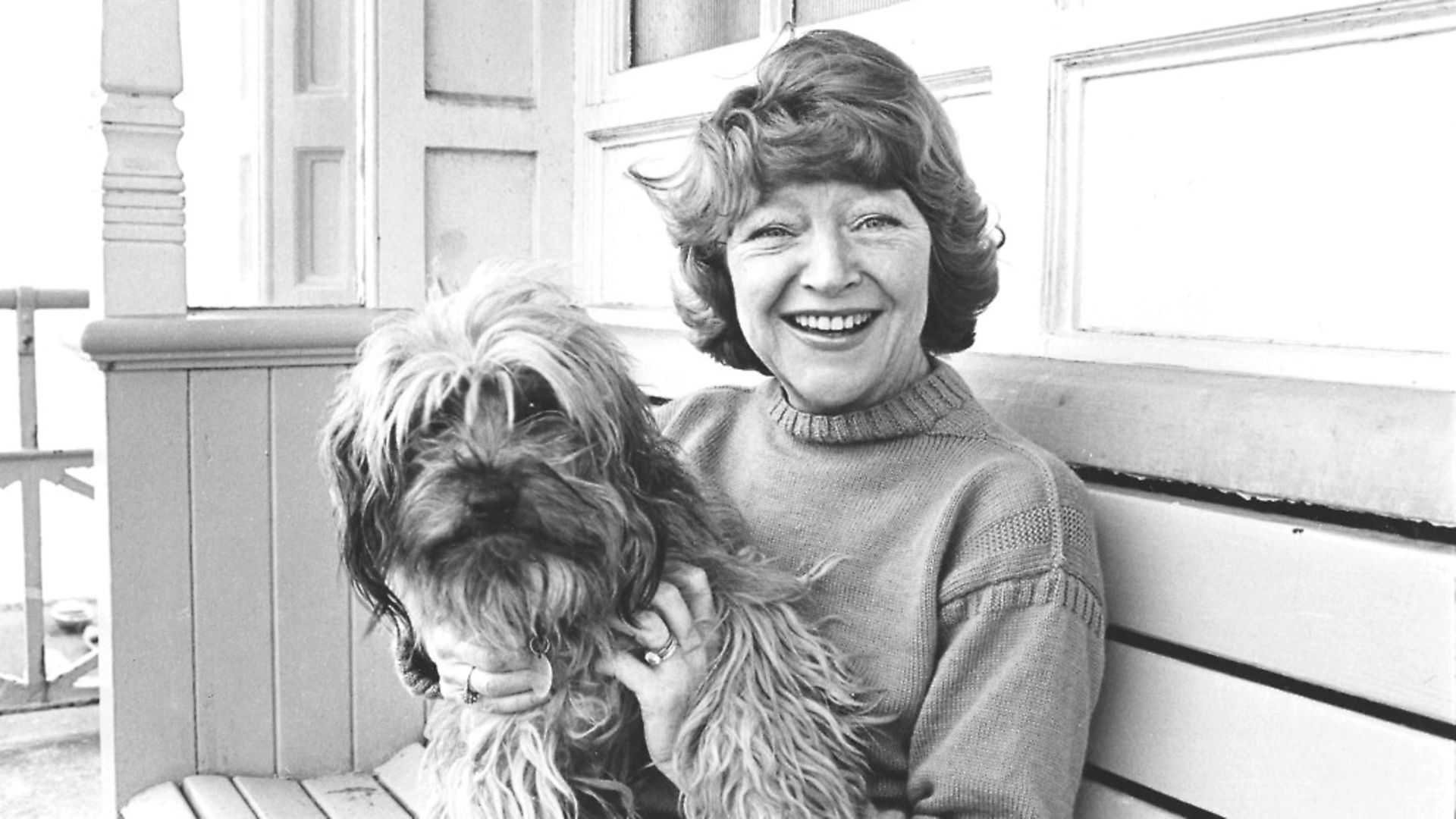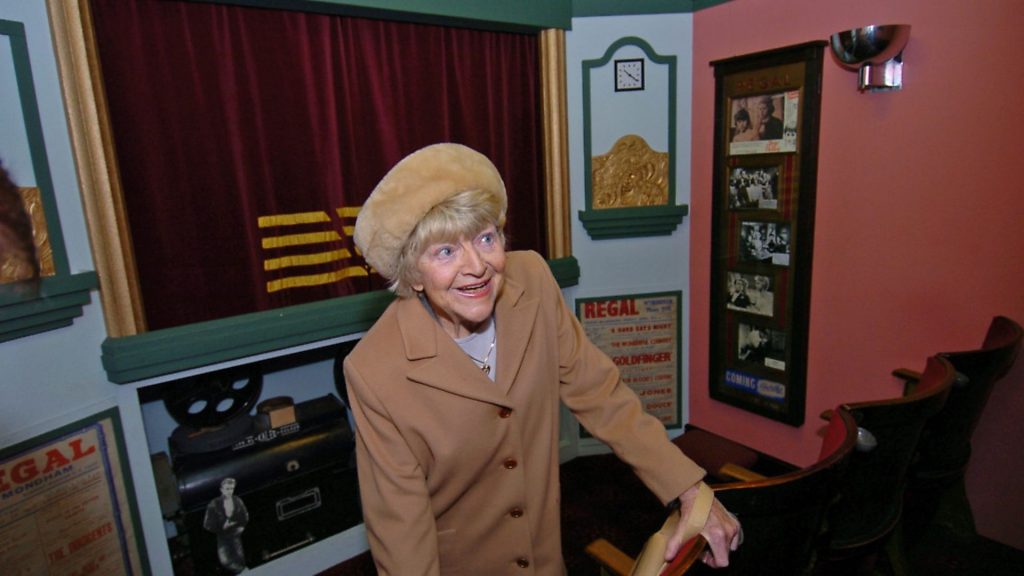
Dora Bryan was a brilliant and unpretentious British actress. But TIM WALKER says it was life’s miseries which made her a comedy genius.

Dora Bryan was cheerful, unpretentious and as British as fish and chips. She ran a rambling hotel on Brighton seafront with her husband Bill and would, more often than not, be dashing to make the train to London to appear on the West End stage. When I caught up with her in the 1980s, she was starring in two shows simultaneously: The Apple Cart, alongside Peter O’Toole, and the musical Charlie Girl, with Cyd Charisse. Her exits and entrances in the productions required split-second timing and costume changes and waiting cabs and how she managed both curtain calls was a nightly miracle. Even when there were no delays on British Rail, she would seldom make it home much before 2am.
She had in her day appeared in classic films such as A Taste of Honey, The Blue Lamp and The Fallen Idol. Noël Coward had given her the big break: he’d spotted her in rep and cast her in Private Lives and persuaded her to change her surname from Broadbent to Bryan as he reckoned it was a bit more theatrical.
The word that Coward used to describe the lass from Oldham was ‘warm’ and that’s how I remember her. I would add, too, vulnerable, and that’s what made her acting so compelling. She was almost certainly one of the biggest stars of her day, but in person she was so easy-going it was easy to overlook that.
In those days, I’d lived not far from her hotel and had got used to seeing her on the seafront and I’d introduced myself one morning and suggested an interview. This is a process that these days normally involves a public relations company, a long wait and a slot that seldom exceeds an hour, but I remember her agreeing and we met that afternoon.
I arrived to find her in an animated discussion with a plumber, a guest who couldn’t get hot water and Bill, whose trousers were water-soaked, and, once she’d sorted all of that out, she sat down over a pot of tea in what she still called – good Lancashire lass that she always was – her front room.
I told her she didn’t seem remotely like an actress. She said that had been one of her greatest problems as she reckoned she could well have got more honours and awards if only she’d spent more time creating ‘a bit of an aura’ around herself. It’s just her parents were down-to-earth folk and they weren’t ever having any of that.
The problem with her life, too, was that reality kept butting in. She’d lost two babies, survived an horrific car crash in Spain in 1973 and her adopted son Daniel had been struck by a rare arthritic condition called ankylosing spondylitis which had forced him to give up a promising career in the theatre. Attitudes to mental health were very different four decades ago, but she made no secret of the fact she’d had two nervous breakdowns and joined Alcoholics Anonymous.
She wondered sometimes if she wasn’t too sensitive to be an actress. Bernard Levin had made her burst into tears when he had called her ‘grotesque’ in a review of one of her early stage performances. She said she always tried to do her best. Her father Albert had owned a small mill that had gone bankrupt, forcing him to sell bobbins from door to door, and sometimes he’d take his little girl with him. She knew how failure felt and it terrified her.
Coward felt there were few if any actresses who were as naturally funny as her and she said that to really make people laugh you had to know how miserable life can sometimes be. That knowledge, she said, gave her ‘a special commitment’ to making people laugh.
She was in her mid-sixties when we’d met, tanned and full of life, but, when I’d asked her about the future, she’d looked worried. She said she hoped for the best. It wasn’t until 1996 that she was finally honoured – an OBE, but it should have been a DBE – and in the same year she won an Olivier Award for her role in The Birthday Party. Parts in Last of the Summer Wine, Dinnerladies and Absolutely Fabulous kept her name in lights, but her last years weren’t easy. She had to nurse Bill thorough Alzheimer’s and they’d had to sell the hotel because of bankruptcy, and, increasingly frail after her husband died in 2008, she’d ended up in a nursing home in Hove. She died aged 91 in 2014.










